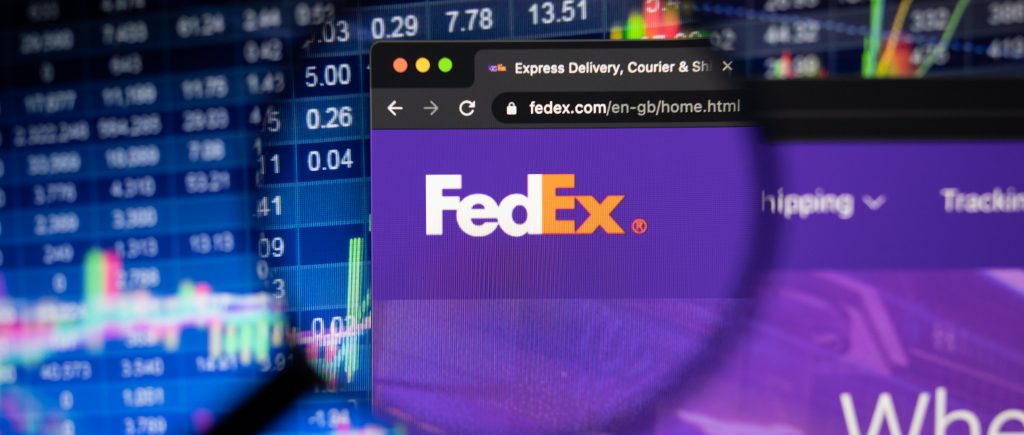The recent earnings report from FedEx has sent shockwaves through the financial markets, raising serious concerns about the health of the broader economy. The company, often considered a bellwether for the US and global economies, has reported weaker-than-expected results, primarily due to a decline in industrial shipments. This article will delve deeper into the implications of FedEx’s earnings miss, examining its potential impact on various sectors and exploring potential economic scenarios.
Industrial Downturn?
FedEx’s primary concern lies with its industrial customers, who have reduced demand for priority shipping services. This shift towards deferred services has negatively impacted the company’s profitability. While FedEx has seen growth in e-commerce shipments, the decline in industrial demand has outweighed these gains.
Fed’s Rate Cut
The Federal Reserve’s recent decision to cut interest rates by half a percentage point has further highlighted the economic challenges. FedEx’s CEO, Rajesh Subramaniam, noted that the magnitude of this rate cut signals the weakness of the current economic environment. However, Federal Reserve Chair Jerome Powell has maintained a more optimistic outlook, emphasizing the strength of the labor market and overall economy.
Implications for Other Sectors
The decline in industrial shipments at FedEx has broader implications for other sectors of the economy. Manufacturing, transportation, and logistics industries are likely to be affected by reduced demand for goods and services. This could lead to job losses, decreased investment, and a slowdown in economic activity.
Potential Economic Scenarios
The earnings miss from FedEx raises questions about the potential for a recession. While the Federal Reserve remains optimistic, the challenges faced by FedEx and other companies suggest that a slowdown may be on the horizon. Several economic scenarios are possible:
Soft Landing: The economy experiences a gradual slowdown, with a mild recession or no recession at all. The Federal Reserve’s rate cuts and other policy measures may be effective in preventing a more severe downturn.
Hard Landing: The economy undergoes a deep and prolonged recession, characterized by high unemployment, declining consumer spending, and a sharp drop in business investment.
Stagflation: The economy experiences both high inflation and high unemployment. This scenario is particularly challenging to address as it requires policymakers to balance the need to reduce inflation with the need to stimulate economic growth.
FedEx’s earnings miss could typically serve as a warning sign for the broader economy. The decline in industrial shipments, coupled with the challenges faced by other sectors, raises concerns about the potential for a recession or a prolonged period of economic weakness. While the Federal Reserve remains optimistic, policymakers will need to closely monitor economic indicators and be prepared to take decisive action if necessary.

 Noor Trends News, Technical Analysis, Educational Tools and Recommendations
Noor Trends News, Technical Analysis, Educational Tools and Recommendations




